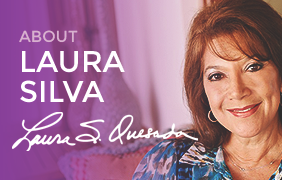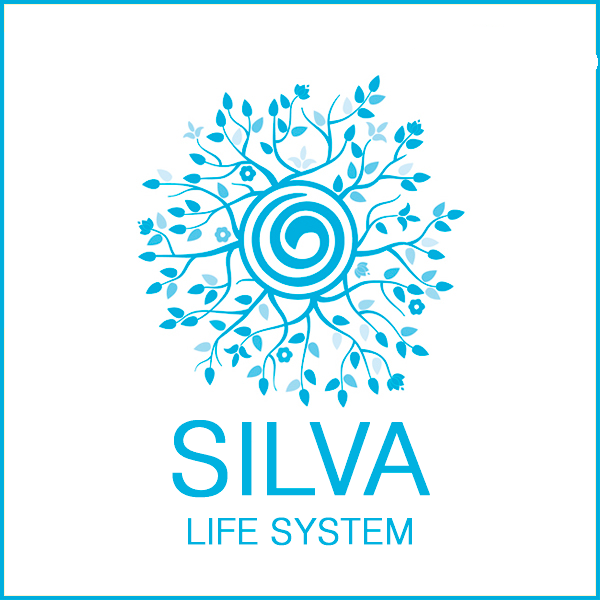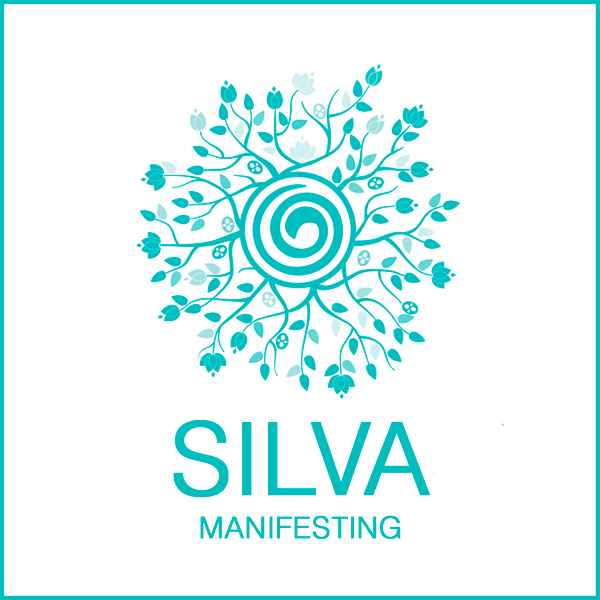“If it’s never our fault, we can’t take responsibility for it. If we can’t take responsibility for it, we’ll always be its victim.” – Richard Bach
It’s easy to be a victim. It’s easy to relinquish control of your circumstances and happiness to others. It’s easy to feel sorry for yourself, to blame others and to feel like the world is against you. It’s easy to take no action “because you can’t.” It’s easy. And, it’s addictive.
The victim mentality does have some benefits, and that’s what makes it so addictive:
You get attention and validation – lots of positive feelings from people as they express their concern for you and help you. However, this is usually short-lived as people get tired very quickly of people who are always saying “poor me.” You will see friends pulling away (because you’re playing the victim) – and ironically that gives you more fuel… “Poor me, my friends are turning against me…”
You don’t have to make the hard decisions or take risks – if you let someone else decide, you don’t have to. Easy – and, you don’t have to deal with possible rejection or failure!
You feel right – If you’re the victim of someone else’s wrongdoing, you are the victim. Therefore you are right and they are wrong, and that feeds the ego. Feels great to talk about how people wronged you, and think about taking revenge or relishing in their failures.
While being the victim is easy, it is incredibly sad and unrewarding. Here are ways to let go of that mentality:
1. Take responsibility for your life
Ask yourself, why you take ownership of your triumphs if you blame everyone else for your failures. Realize that things do not happen “to” you, they happen “through” you – that means, something happens and your EXPERIENCE of that event is entirely up to you. Someone can say something hurtful, but it’s hurtful only if you choose to see it that way… you can also choose to see their words as an expression of their own inner pain.
2. Be grateful
You know, since you’re reading this on a computer, that there are millions of people on the planet who are much, much worse off than you. You have a computer. Or access to one. What else do you have? What are the ways you have grown from your experiences? What self-realizations have you come to? What skills, knowledge, resiliency and mastery have you acquired because of what happened? You will have to dig deep sometimes to find the blessings but they are there. If you focus on them, you stop being a victim because you are now the beneficiary!
3. Forgive
“When you hold resentment toward another, you are bound to that person or condition by an emotional link that is stronger than steel. Forgiveness is the only way to dissolve that link and get free.” – Catherine Ponder
If you don’t forgive someone, you are forever energetically and emotionally linked to that person. You can never be free of them. When you forgive, you release the other person and you set yourself free of all that past agony.
4. Help others
Stop focusing on your woes and help others.
5. Stop judging and criticizing
How you think about others is how you think about yourself. Choose to see the best in people. Choose to see the best in situations. Choose to see the best in yourself. Choose to radiate love, and it will come back to you!
It’s a process to get out of the victim mentality, but you can do it with some self-work. The Silva Method will help you reprogram your self-talk to be more empowering and positive, and its visualization exercises will help you shift from a victim perspective to that of a confident, happy, empowered person.
Better and Better,
Laura Silva Quesada
and the Team



 Laura Silva Quesada, daughter of Jose Silva – founder of the original Silva Mind Control Method, she was one of the primary research subjects, which gave her extensive personal experience and insight into the creation, and use of intuitive and life changing techniques.
Laura Silva Quesada, daughter of Jose Silva – founder of the original Silva Mind Control Method, she was one of the primary research subjects, which gave her extensive personal experience and insight into the creation, and use of intuitive and life changing techniques.


